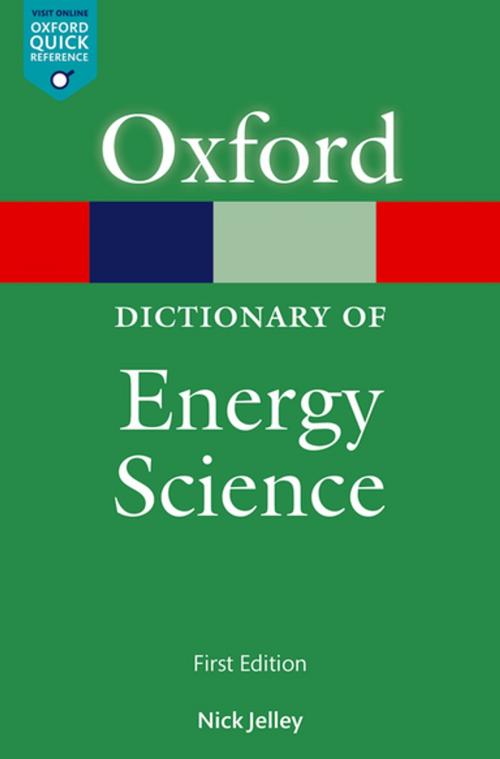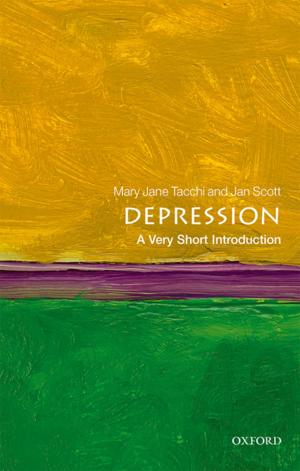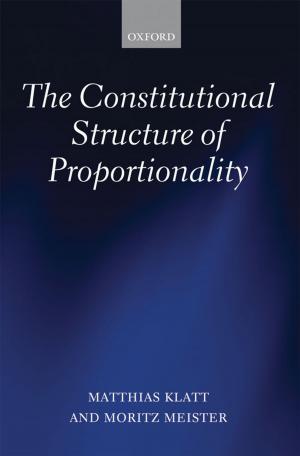A Dictionary of Energy Science
Nonfiction, Science & Nature, Technology, Reference & Language, Reference, Nature| Author: | Nick Jelley | ISBN: | 9780192528827 |
| Publisher: | OUP Oxford | Publication: | March 23, 2017 |
| Imprint: | OUP Oxford | Language: | English |
| Author: | Nick Jelley |
| ISBN: | 9780192528827 |
| Publisher: | OUP Oxford |
| Publication: | March 23, 2017 |
| Imprint: | OUP Oxford |
| Language: | English |
A Dictionary of Energy Science covers terms related to energy technologies and their impact on the world's energy use. It sets out the principles behind each technology's operation, as well as its economic, environmental, and social impacts. Coverage includes energy demand and conservation, electricity generation and distribution, energy storage, renewable energy and fossil fuel technologies, nuclear energy, environmental issues, energy and society, and biographies of eminent energy scientists. Including more than 600 entries, the text is complemented by illustrations, a chronology, and global statistics on energy use. This topical dictionary appears at a time when the development of alternative technologies to fossil fuel is particularly important in trying to limit global warming, and is significantly affected by energy policy and politics. It is an essential resource for students of engineering, geography, and economics, and for professionals in energy-related industries.
A Dictionary of Energy Science covers terms related to energy technologies and their impact on the world's energy use. It sets out the principles behind each technology's operation, as well as its economic, environmental, and social impacts. Coverage includes energy demand and conservation, electricity generation and distribution, energy storage, renewable energy and fossil fuel technologies, nuclear energy, environmental issues, energy and society, and biographies of eminent energy scientists. Including more than 600 entries, the text is complemented by illustrations, a chronology, and global statistics on energy use. This topical dictionary appears at a time when the development of alternative technologies to fossil fuel is particularly important in trying to limit global warming, and is significantly affected by energy policy and politics. It is an essential resource for students of engineering, geography, and economics, and for professionals in energy-related industries.















